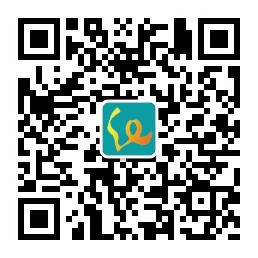Time:August 6th, 2023. 9:30 ( China time )
Place:Room 518, B1 Building

Bio:
Dr. Xinwei Wang is the Anson Marston Distinguished Professor and Wilkinson Professor in Interdisciplinary Engineering at Iowa State University (http://web.me.iastate.edu/wang). He obtained his Ph.D. from the School of Mechanical Engineering, Purdue University in 2001, M.S. (1996) and B.S. (1994) from the University of Science and Technology of China. Over the past 20 years, he has led his laboratory to develop new techniques for characterizing thermophysical properties at the micro/nanoscale, and studying physical phenomena in laser-material interaction. His lab reported the first work on distinguishing the optical and acoustic phonon temperatures under intense photon excitation, and determining their energy coupling factor. His work on conjugated phonon and hot carrier transport represents the first accomplishment in distinguishing these two physical processes and quantifying their transport diffusivities. The thermal reffusivity theory developed in his lab provides a novel way to characterizing material’s structure domain size, similar to that measured by x-ray diffraction, but has unique applications for nanomaterials. He received the inaugural Viskanta Fellow Award of Purdue University in recognition of his pioneering and independent work in thermal sciences. He is the Fellow of ASME and Associate Fellow of AIAA.
Abstract:
In 2D materials synthesis, structure modification and tailoring, and thermophysical properties characterization, photon irradiation is widely used to induce chemical reaction, material ablation, and localized temperature gradient and energy transport. The laser absorption process involves excitation of electrons to conduction band, hot carrier diffusion, cascading energy transport from electrons to optical phonons, then to acoustic phonons, and final heat conduction by acoustic phonons. In-depth physics understanding of this nonequilibrium and the energy exchange among energy carriers is critical to high-level laser-assisted manufacturing probing, design, control, optimization, and new synthesis discovery. This talk will cover our pioneering and systematic work on investigating the thermal nonequilibirum among energy carriers in 2D materials under intense photon irradiation. To tackle this big challenge, an energy transport state-resolved Raman (ET-Raman) technique was invented in our lab that is capable of thermal probing down to sub-micron scale and picoseconds. For the first time, we distinguished the temperature rises of different modes optical phonons and acoustic phonons, and reported their energy coupling factor. Both supported and free-standing nm-thick 2D materials have been characterized. This breakthrough leads to the first time measurement of intrinsic thermal conductivity and interface thermal conductance of 2D materials. For monolayer 2D materials, the electron-hole recombination will re-emit photons. This radiative recombination will also be reported based on our ET-Raman characterization, uncovering some very intriguing energy absorption feature.
